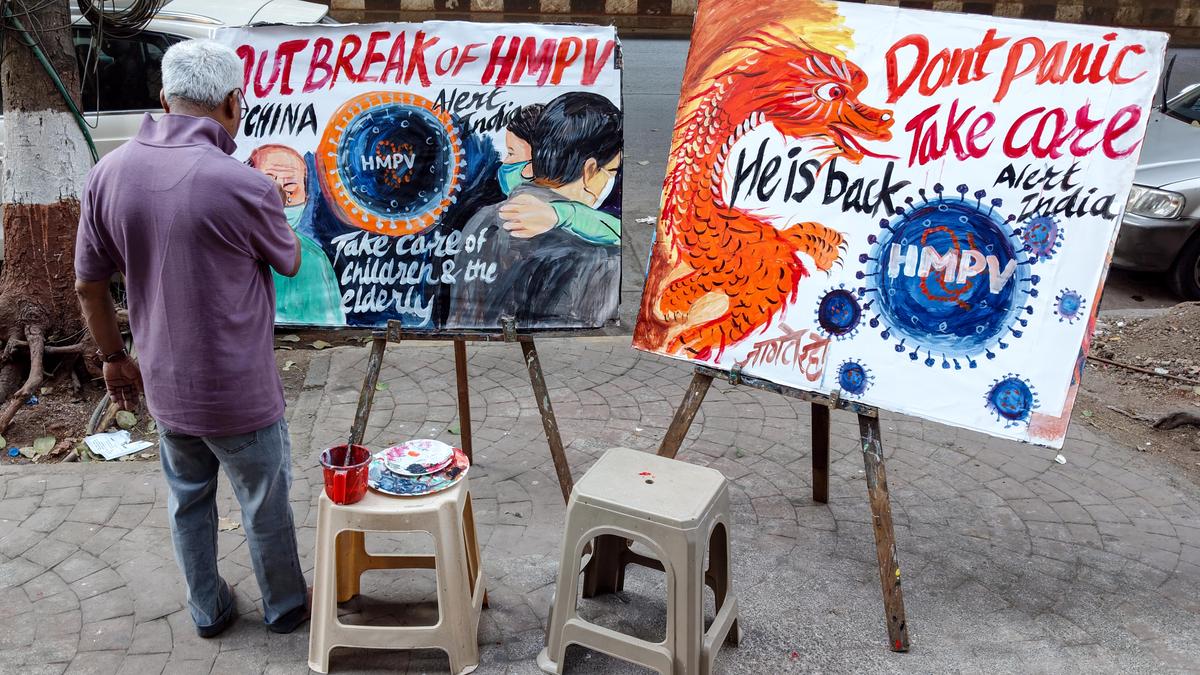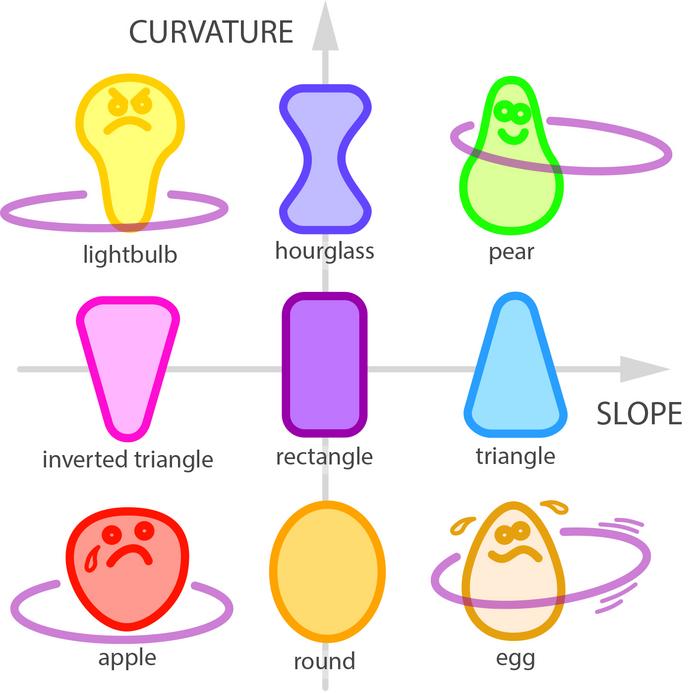2024 has been the year of elections. Sixty-two countries went to polls this year, with right-leaning governments emerging victorious in 25 of them, accounting for 42.4 per cent share of the total, according to data from the International Institute for Democracy and Electoral Assistance and the National Democratic Institute.
In contrast, the number of national elections was much lower at 23, 27 and 36 in 2023, 2022 and 2021 respectively.
Businessline’s analysis of global election outcomes over the past three years highlight a consistent trend of dominance by ideologically right-leaning governments. In 2023, of the 23 countries that went to polls, ten (43.5 per cent) saw right-leaning parties coming to power, while eight countries (34.8 per cent) had left-leaners seeing victory. Similarly, in 2024, among 62 nations that conducted elections, right-leaning governments emerged in 25 countries (42.4 per cent), while left-leaning parties won in 23 countries (35.6 per cent).
The left-right divide
The ideological positions of political parties vary significantly. Right-leaning governments often emphasise on free-market principles, traditional conservatism and centralisation of power. In contrast, left-leaning governments typically prioritise socialism, welfarism, social equality and labour rights. However, political parties from both ideological camps frequently form alliances with centrist parties to establish coalition governments. For instance, in 2024, 23 countries saw coalition governments emerge, including nations like India, Pakistan, South Africa, and Japan.
In 2024, 33 countries saw the incumbent governments re-elected, while 26 experienced regime changes with Opposition parties forming the government. Among the 33 re-elected governments, 12 were right-leaning and 11 were left-leaning. Meanwhile, in the 29 countries where power shifted to the Opposition, 13 transitioned to right-leaning governments and 10 to left-leaning ones.
There are three such instances where winning an election did not translate into forming a government. For example, in France, the left-leaning New Popular Government, led by Jean-Luc Melenchon, won the most votes but failed to secure a majority, resulting in a hung parliament. In South Korea, the left-leaning Democratic Party, led by Lee Jae-Myung, emerged victorious but could not form a government due to election law violations. Similarly, in Romania, the right-leaning Calin Georgescu won the presidential election, but the constitutional court annulled the result, citing electoral malpractice.
Elections in G20
In 2024, seven of the largest nations within the G20 held national elections. Of these, three countries elected right-leaning parties, three chose left-leaning, and one transitioned to an authoritarian regime.
Notable ones in 2024 include Donald Trump’s right-wing Republican Party winning the Presidential Election in the US and Narendra Modi’s centre-right coalition, the National Democratic Alliance, securing victory in India’s Parliamentary Elections. Meanwhile, Keir Starmer’s centre-left Labour Party won the general election in the UK, and Vladimir Putin, an independent leader, retained power in Russia.
According to the Pew Research Center’s report, ‘Global Elections in 2024: What We Learned in a Year of Political Disruption,’ increasing frustrations with the political class, challenges to traditional political parties and dissatisfaction with the political status quo are creating opportunities for the rise of populist movements globally. This trend is evident in countries like the US and Germany, where right-wing populism continues to thrive, and in Mexico, where left-wing populism is gaining ground.
“Whether on the right or left, populist parties have been able to capitalise on voters’ frustrations with elites — and the belief, shared by many, that establishment parties and leaders are out of touch with ordinary citizens,” the report reads.
Amir Ali, an Assistant Professor at the Centre for Political Studies in Jawaharlal Nehru University, explains, “Several factors influence these outcomes, including the growing prevalence of market-driven politics that has shaped democracies, nationalistic policies and appeal to patriotism. Also, a political party is more likely to secure power if it leans toward the right — a trend increasingly visible among centrist parties worldwide, which are themselves shifting toward right-leaning ideologies.”







Leave a Comment